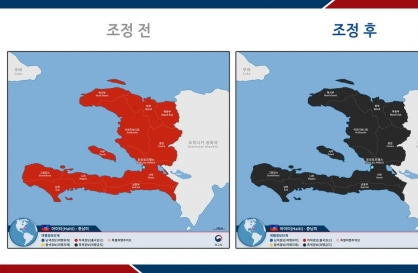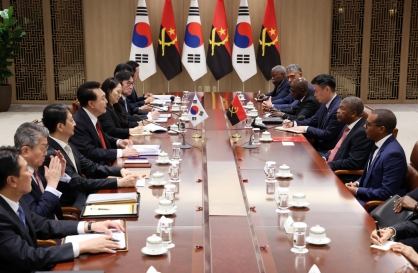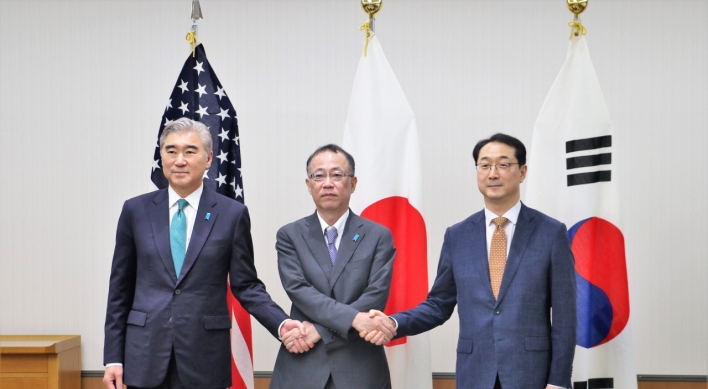Kerry unlikely to hold talks with N. Korean minister in ARF
By 김정보Published : June 25, 2013 - 09:42
U.S. Secretary of State John Kerry is not expected to meet separately with his North Korean counterpart on the sidelines of the ASEAN Regional Forum (ARF) in Brunei next week, officials said Monday.
Both Kerry and North Korean Foreign Minister Pak Ui-chun reportedly plan to attend the annual security forum, potentially setting the stage for some rare diplomatic interaction.
The State Department, however, indicated chances are slim that Kerry and Pak will hold a one-on-one meeting.
"I think that'd be fairly unusual," the department's deputy spokesman, Patrick Ventrell, said at a press briefing. "I'm not aware that that's on the agenda."
The ARF is the only yearly event in which the top North Korean and American diplomats take part.
In 2004, then-North Korean Foreign Minister Paik Nam-sun had an informal, 20-minute meeting with U.S. Secretary of State Colin Powell during the ARF in Jakarta. The two sides have not arranged such a meeting since.
Ventrell left the possibility open for trilateral ministerial talks between South Korean, U.S. and Japanese diplomats during the ARF, which opens on Tuesday.
"It's a potential meeting that could happen on this trip, but I don't have a confirmation one way or another," he said. The South Korean delegation will be headed by Foreign Minister Yun Byung-se.
Yun's aides said the minister remains open to any bilateral meeting with his North Korean counterpart in Brunei.
"There is no reason that the South and the North can't meet (there)," a senior South Korean official said.
But such talks would be difficult given continued tensions between the two Koreas, an informed source said.
Meanwhile, Yun may hold talks with Japanese Foreign Minister Fumio Kishida in Brunei, which would be the first high-level talks between the countries since South Korean President Park Geun-hye took office in late February.
The ARF is an annual forum of top diplomats from the 10 Southeast Asian nations and more than two dozen other nations, including the U.S., China, Russia, Japan and the two Koreas, which are members of the now-suspended six-party talks aimed at ending Pyongyang's nuclear program. (Yonhap News)


















